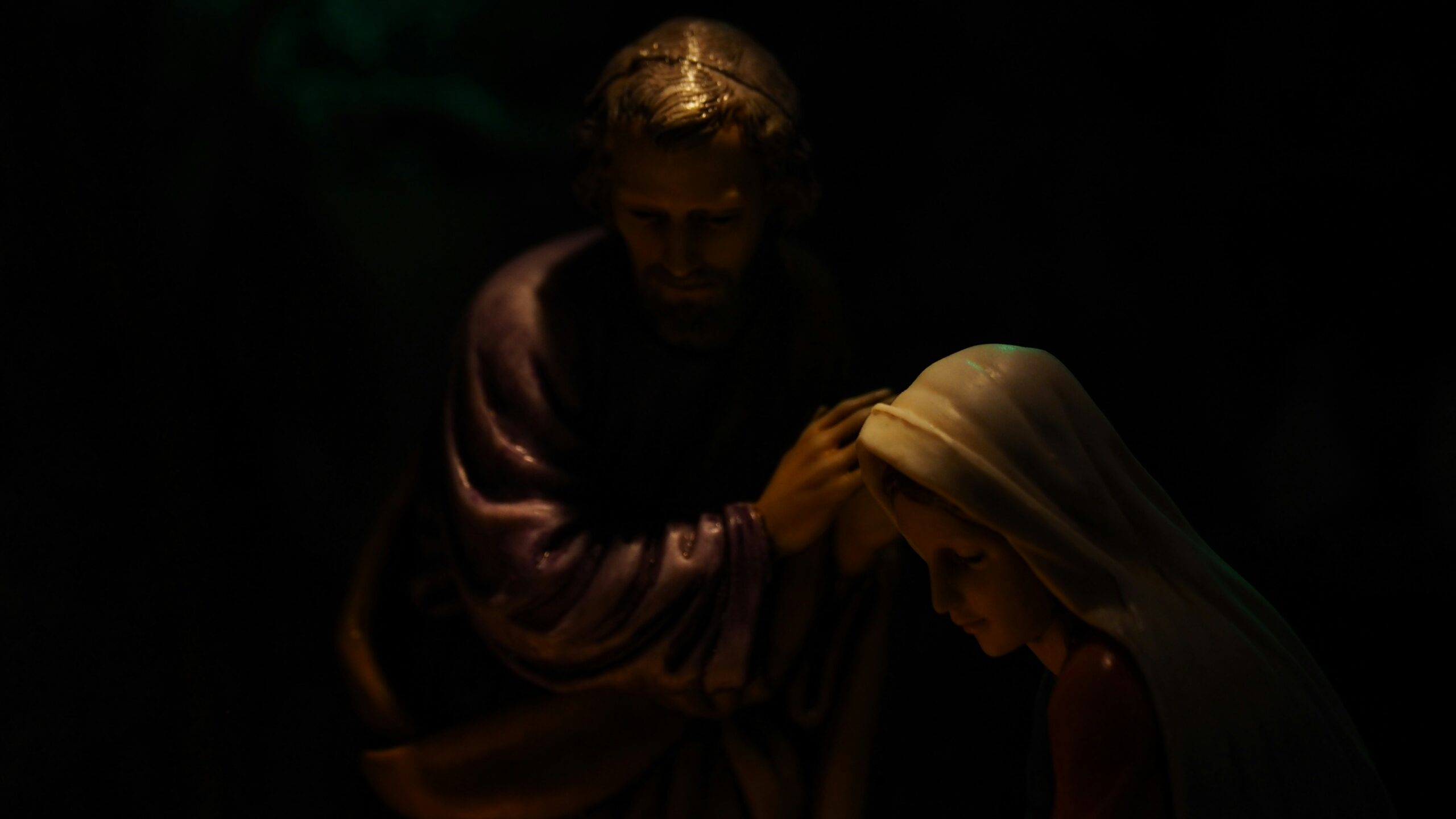My wife’s and my faith are being tested like never before. What separates us from our calling to Kenya and the Eagles’ Wings ministry center is a $500,000 Jordan River. April is make-or-break or “cross-the-river-or-stay” month because the owners have given us till May 1st to let them know whether we have the money to buy it.
My personal devotions during this time of faith-stretching have me in the Gospel of Matthew. Earlier this week, I revisited the story of Peter learning to walk on water:
Peter answered him, “Lord, if it is you, command me to come to you on the water.” He said, “Come.” So Peter got out of the boat and walked on the water and came to Jesus. But when he saw the wind, he was afraid, and beginning to sink he cried out, “Lord, save me.” Jesus immediately reached out his hand and took hold of him, saying to him, “O you of little faith, why did you doubt?” And when they got into the boat, the wind ceased. (Matthew 14:28-32)
Apart from the familiar themes of Peter’s brazen act of faith, his initial success in water-walking, his failure when he took his eyes off the Lord and got scared of the windswept waves, and the eleven disciples staying safely in the boat and having no faith-stretching experience at all, I noticed something else: how close faith and unbelief can be to each other.
The secret is in this detail: Peter came to Jesus. He had already reached the Lord when his attention suddenly shifted from Christ standing next to him on top of the waves to the waves crashing around them. He instantly went from standing on the water to sinking down, and Jesus had to rescue him.
How did Peter go from faith to unbelief in an instant while Christ was standing right next to him? He shifted his attention and became more acutely aware of the stormy circumstances he was in than the Lord’s presence.
And therein lies the secret.
As long as he kept his eyes on Jesus, he remained oblivious to the danger of the storm. As soon as he shifted his attention to the storm, fear and anxiety set in, and his awareness of Jesus empowering him to walk on water vanished.
That is the difference between faith and unbelief—an instantaneous shift in our awareness away from God’s grace, power, provision, and protection and toward the visible circumstances around us that make our situation appear hopeless. The struggle comes from the difficulty of maintaining awareness of an invisible God while very visible, often loud, and urgent circumstances draw your attention away. Those circumstances represent anything seemingly impossible for which you have decided to trust in God. A $500,000 deficit in funds to get a property we believe God wants us to operate from, for instance. Or the hearts of children and other family members who have turned away from God. Or a sudden emergency like a major illness. The examples are endless. When confronted with those, they cause fear or pain – two emotions that can easily scream louder than faith.
It takes a deliberate decision to keep shifting our awareness and attention back to the Lord. That’s not the same as sticking our heads in the sand. Some urgent issues do demand our immediate decision, but you can do so while keeping your eyes riveted on the One Who wants you to turn the impossible over to Him. Peter decided to get out of the boat and keep his eyes trained on Jesus to walk on water. In the same way, faith that God is more than able to meet our needs, regardless of how big or urgent they may be, begins with the decision to take that step and, at the same time, keep our eyes set on Him.
Of course, the Enemy knows our weakness and will stir things up, so we take our eyes off God. When he is successful, doubt will creep in. To counter that doubt, we must renew our decision to trust God. When we cry, “Lord, I believe. Help me in my unbelief,” He is right there to lift us back up above the waters of fear.
Are you struggling with circumstances that cry louder than your faith? Choose, then, where to direct your awareness. Make prayer, and especially worship, your constant companion so your awareness of God on the Throne caring for your needs and the truth of all His promises to do so stays strong. Whenever a fear-inducing circumstance or issue raises its head, work hard and intentionally at keeping your awareness of God’s immediate presence stronger than the problems and dangers you see, “casting all your anxieties on him, because he cares for you” (1 Peter 5:7).
Get out of the safety of your boat, my friend, and walk on water.






